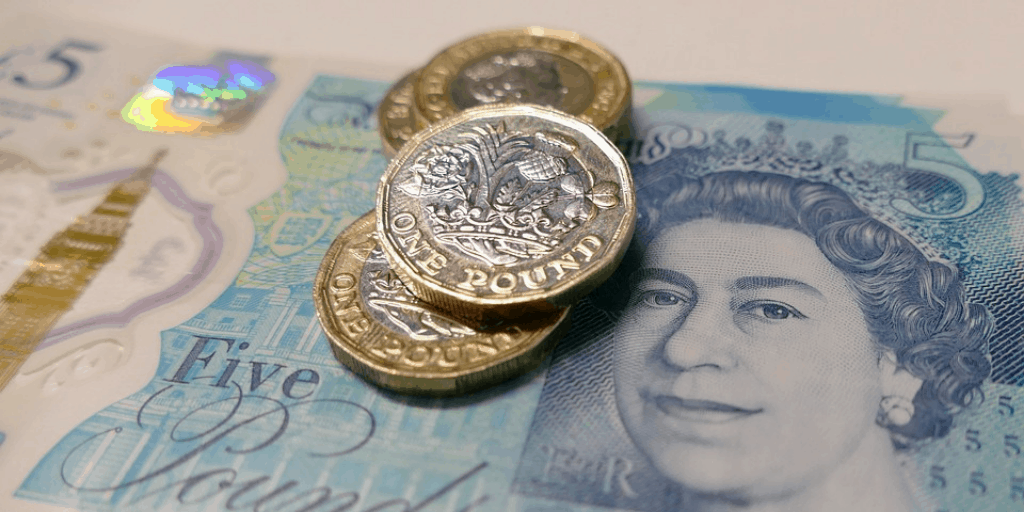AD | Collaborative post
Last year was my first full January to December year of being self-employed. I think in total it’s been around 18 or 19 months in total now thought but last year, getting to see what being self-employed was like for a full calendar year was an eye opener. Before I quit my job in 2017 I had always worked from being 13. I have been used to earning a regular wage and knowing when I would be getting paid and not only that, but how much I would be getting paid. Being a self-employed blogger brings with it a lot of uncertainty. So, I thought I’d write about some of the things I’ve learned over the last year and some ways to sort out your finances
Accounting Software
Something that comes with self-employment is tax returns. Before last year I had never had to think about this before and I was slightly panicked about having to record all of my earnings and expenses. I was worried I wouldn’t be able to keep track properly or that I would forget something really important.
I did start to record my earnings on a spreadsheet but I found some things getting a bit complicated and even then, I didn’t know how to transfer my amounts to my tax return. Now, I use Quickbooks for self-employment and it saves me so much hassle. This isn’t a free service but for £9.60 a month, I feel much better about completing my tax return every year. With Quickbooks you are able to connect a bank account, and PayPal account, so it can pull in your earnings automatically. Your account can also tell you how much tax you’re looking at paying too!
If, like me, the accounting side of your business worries you or confuses you then there are people you can go to for help. Simply researching local accounting consultancy firms in your area online is all it takes to start comparing your options. For instance, if you are based in Austin Accounting firms like Kruze Consulting can help you to plan your next steps.
Prepare For Your Tax Bill
I’m not a blogger that earns loads of money. I do okay and I get by most months and for the tax year 17-18 I actually had to pay some money. Now, this was only for National Insurance and not for tax but it was still something I hadn’t planned for. Even if you don’t use accounting software like I do (because it estimates what you’ll need to pay over the year) then it would be a good idea to put aside some earnings each month for when you file your tax return.
Emergency Funds
This month is the first that I have really had to deal with late payments and that was mainly due to Christmas. Invoices that were due over the Christmas break weren’t paid on time due to offices being closed but that doesn’t stop my own bills from needing to be paid. Unfortunately as a blogger this happens all too often. If a client doesn’t pay up you can always issue a letter before action to take the payment process further.
Now that I have had this experience, I am hoping to put aside maybe a quarter of a month’s regular earnings just in case this happens again next year so I don’t have to worry quite as much.
Planning For The Future
Of course, not all self-employed people are bloggers. If you are self-employed with your own small business then you might need completely different things for sorting out your finances. I think one of the tricks to being successful in any business is to think ahead and always be planning for the future. This could be anything from new ideas, marketing campaigns or even a small business loan to help take you to the next step.
There are, of course, so many ways to make things easier when you’re self-employed but I think you need to find what works for you and the business you’re in!

